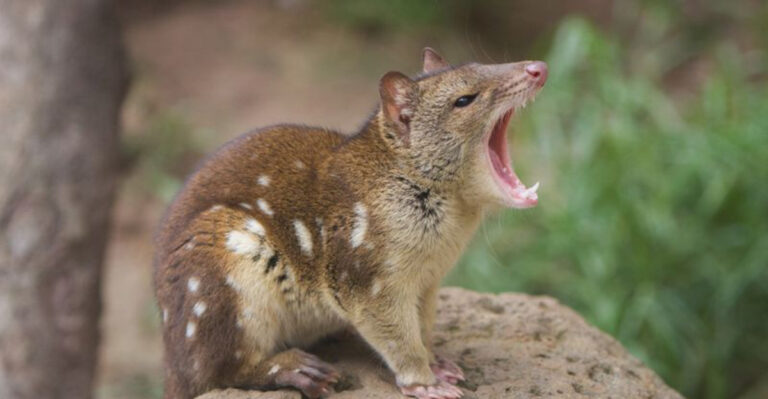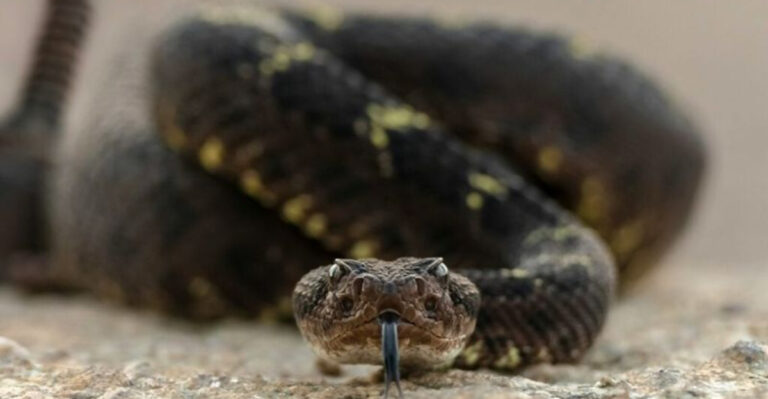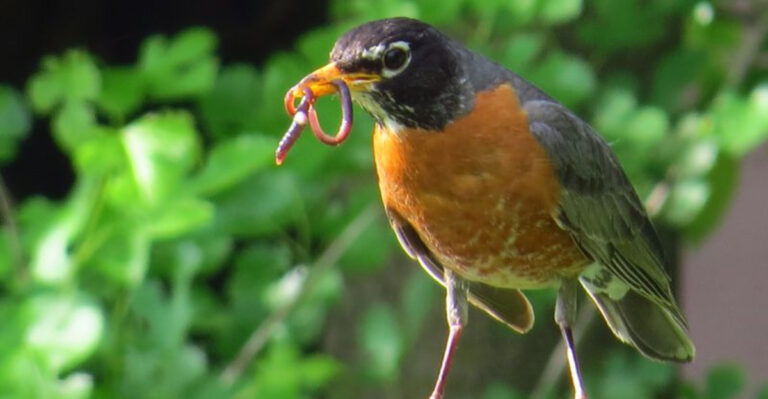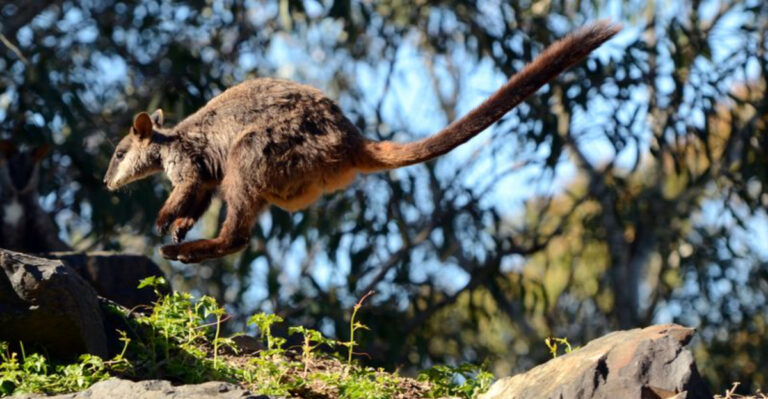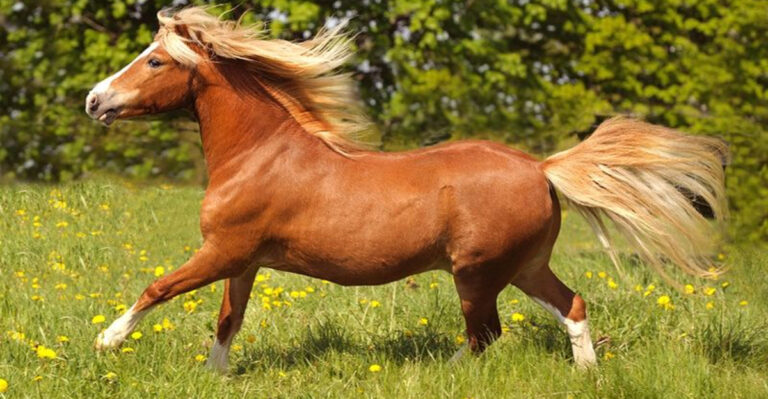7 Clear Signs Your Rabbit Is Happy (And 4 That Show They’re Not Feeling It)
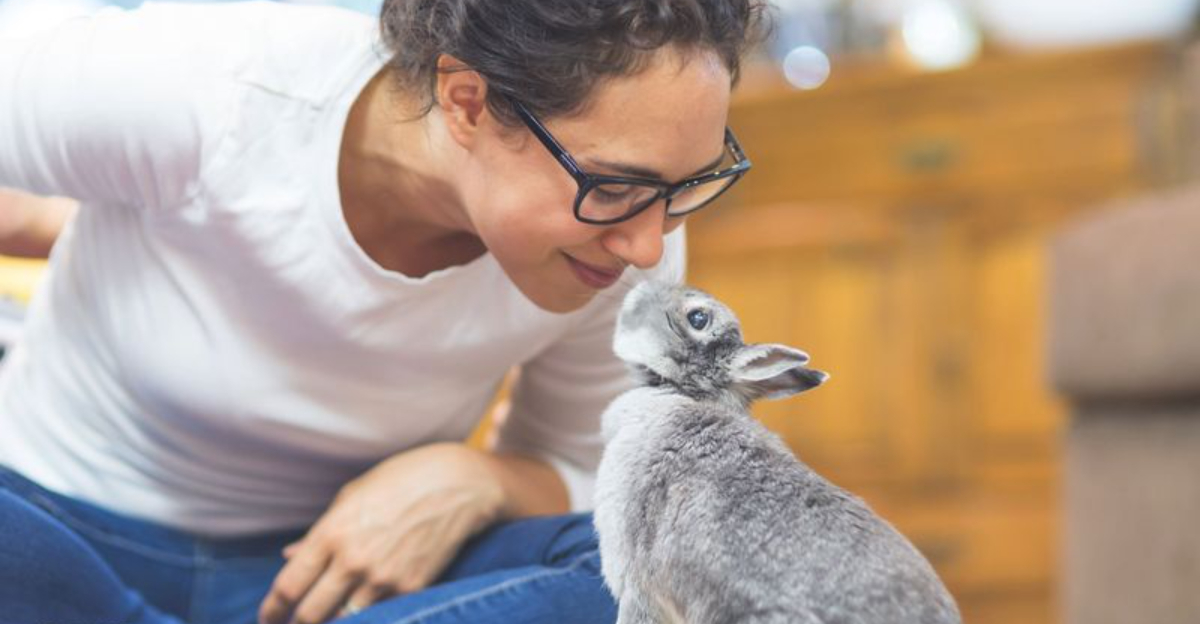
As rabbit owners, we all want our fluffy friends to be happy and healthy. But unlike dogs who wag their tails or cats who purr loudly, rabbits communicate their feelings in more subtle ways.
Understanding these signals can help you create a better environment for your bunny and strengthen your bond with them.
Let’s explore the telltale signs that show when your rabbit is living their best life – and when they might need some extra attention.
1. The Binky Dance – A Rabbit’s Happy Hop
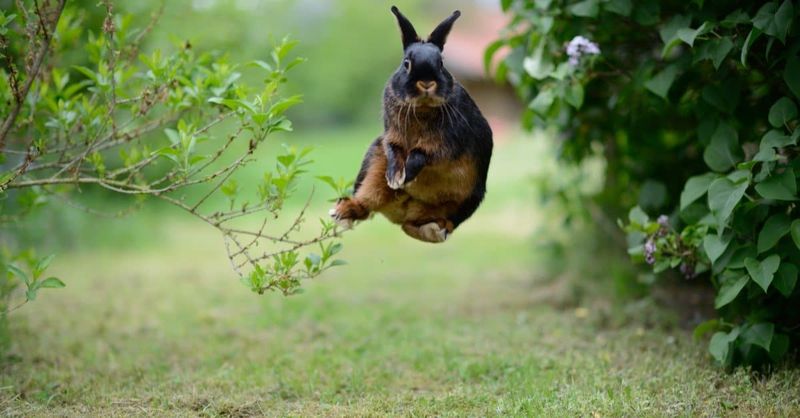
Nothing says “I’m on cloud nine” like a rabbit binky! When your bunny suddenly jumps in the air, twists their body, and kicks their feet out, they’re literally jumping for joy. This spontaneous dance move is the rabbit equivalent of a child’s excited cartwheel.
Binkies often happen during playtime or when your rabbit is exploring a space they feel safe in. You might notice your bunny zooming around the room before launching into this adorable aerial twist.
Young rabbits typically binky more frequently than older ones, but even senior bunnies will show off this move when they’re feeling particularly content and secure in their environment.
2. Flopping Over With Complete Trust
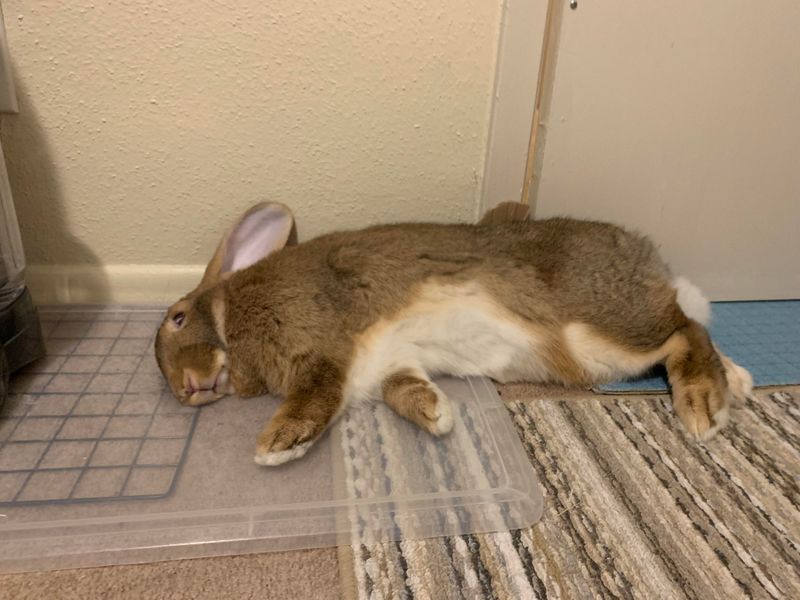
When your rabbit suddenly flops onto their side with legs stretched out, they’re showing ultimate relaxation and trust. This dramatic move might startle new rabbit owners who mistake it for a health emergency, but it’s actually one of the strongest signs of bunny bliss.
A flopped rabbit feels completely safe in their environment. They wouldn’t expose their vulnerable belly if they felt any threat nearby.
Some bunnies even close their eyes during a flop, indicating they trust you enough to let their guard down completely. In the wild, this position would make them easy prey, so it’s a major compliment to your caretaking when they flop around you!
3. Gentle Teeth Grinding – The Rabbit Purr
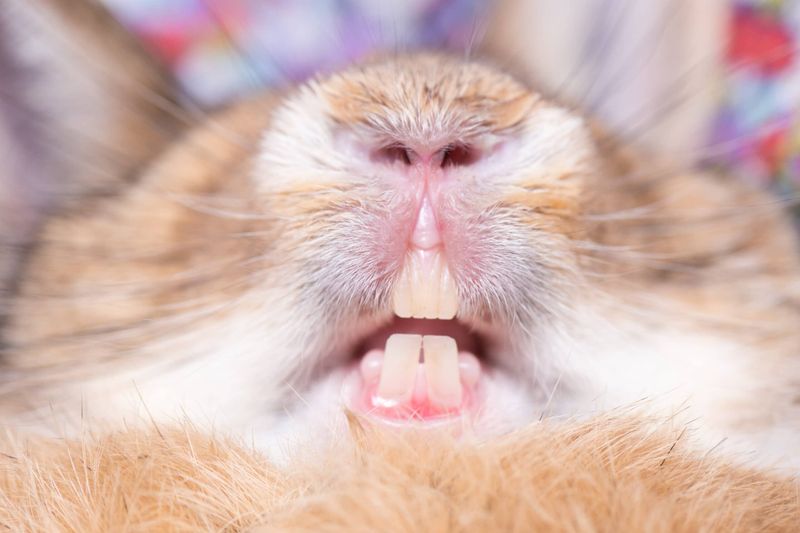
Soft, gentle grinding of teeth is the rabbit equivalent of a cat’s purr. This subtle sound often happens during petting sessions when your bunny is feeling completely content. The sound is quiet – you’ll need to listen closely to hear it.
This peaceful grinding is very different from loud teeth chattering, which indicates pain. Happy grinding is soft, rhythmic, and often accompanied by half-closed eyes or a relaxed posture.
Many rabbits grind their teeth gently while receiving head rubs or when settling in for a nap beside their favorite human. It’s their way of saying, “This is perfect, please don’t stop what you’re doing.”
4. The Happy Nose Wiggle
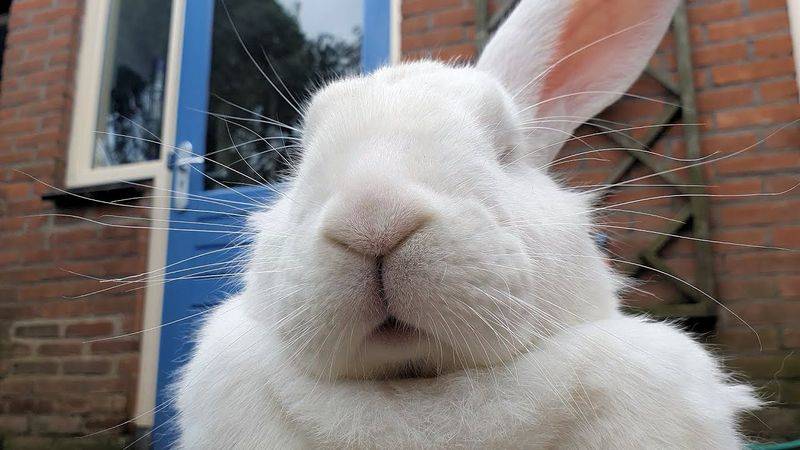
A rabbit’s nose tells a tale of their mood. When your bunny’s nose wiggles at a moderate, steady pace, they’re feeling calm and content. This natural breathing pattern shows they’re relaxed and curious about their surroundings.
Faster nose wiggling usually happens when they’re excited or investigating something interesting. It’s their way of taking in more scent information about their environment.
Pay attention to the context around the nose wiggling. Combined with relaxed ears and a comfortable body position, that twitching nose is the sign of a happy, engaged rabbit exploring their world with confidence and interest.
5. Playful Zoomies Around The Room
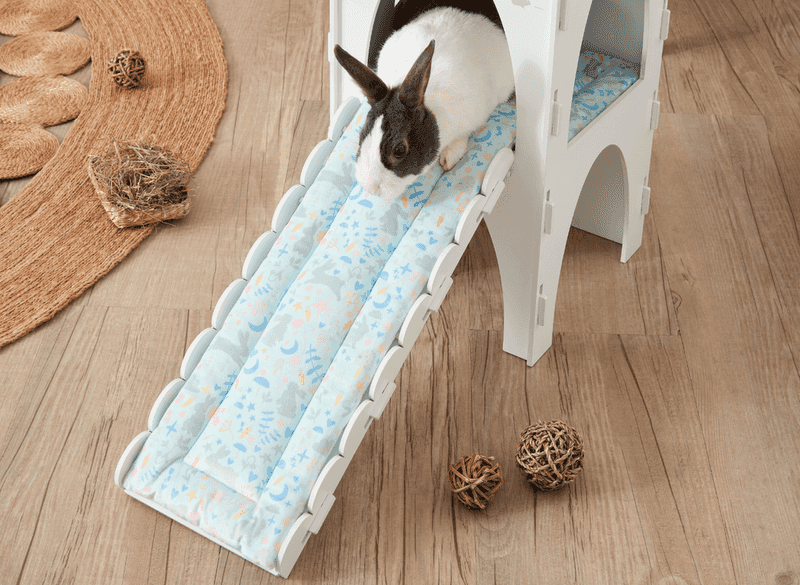
When your rabbit suddenly tears around the room at top speed, they’re expressing pure joy. These energetic bursts, often called “zoomies” or “the rabbit 500,” show your bunny feels safe enough to play and burn off excess energy.
Zoomies frequently include quick direction changes, little jumps, and sometimes end with a triumphant binky. Young rabbits zoom more often, but even older bunnies will race around when they’re feeling particularly frisky.
Creating space for these happy sprints is important for your rabbit’s physical and mental health. A bunny who feels comfortable enough to zoom around is telling you they feel secure and content in their environment.
6. Curious Exploration Without Fear
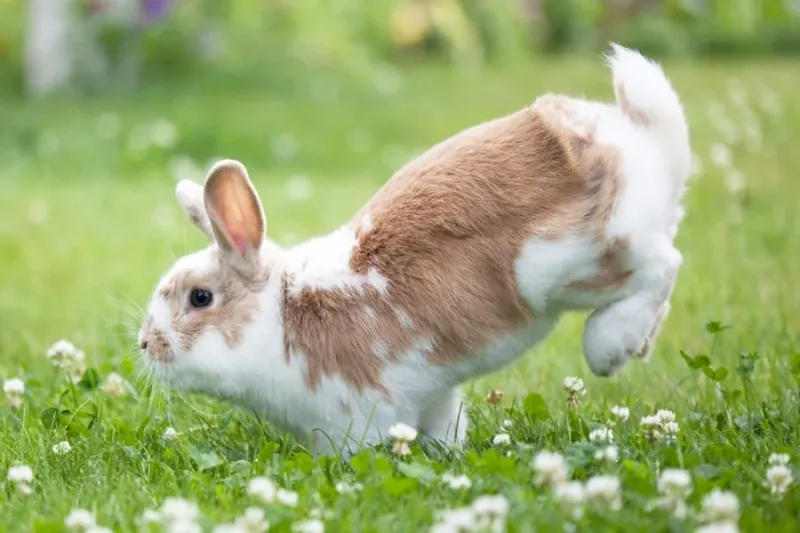
A happy rabbit actively explores their environment with confidence. They’ll hop around investigating new objects, sniffing furniture, and checking out different areas without showing signs of fear.
During exploration, look for a relaxed body posture – head up rather than crouched low, ears in a neutral position rather than flattened back. Happy bunnies might pause to stand on their hind legs (called “periscoping”) to get a better view.
This behavior indicates your rabbit feels secure enough to satisfy their natural curiosity. When they return to you during exploration or feel comfortable enough to groom themselves mid-adventure, it’s a strong sign they’re content with both their surroundings and your presence.
7. Gentle Nudging For Attention
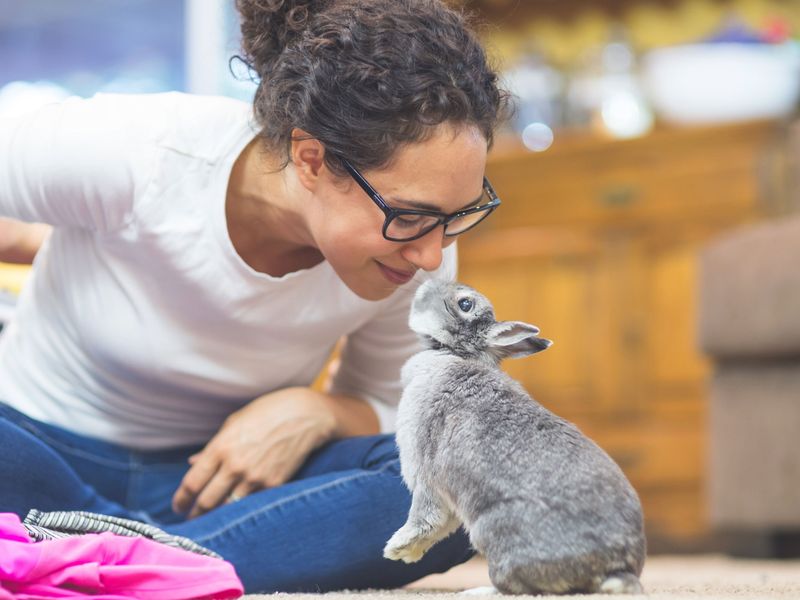
When your rabbit gently nudges your hand or arm with their nose, they’re showing affection and asking for attention. This sweet behavior is their way of saying, “Hey human, I like you – please pet me now!”
Happy rabbits often combine nudging with circling around your feet or pushing their head under your hand. They might even climb onto your lap if they’re particularly bold.
This social interaction shows your bunny sees you as a trusted companion rather than a threat. A rabbit who seeks out your touch and attention is demonstrating they feel safe and happy in your presence – one of the greatest compliments a naturally cautious prey animal can give.
8. Aggressive Thumping – Warning Signals
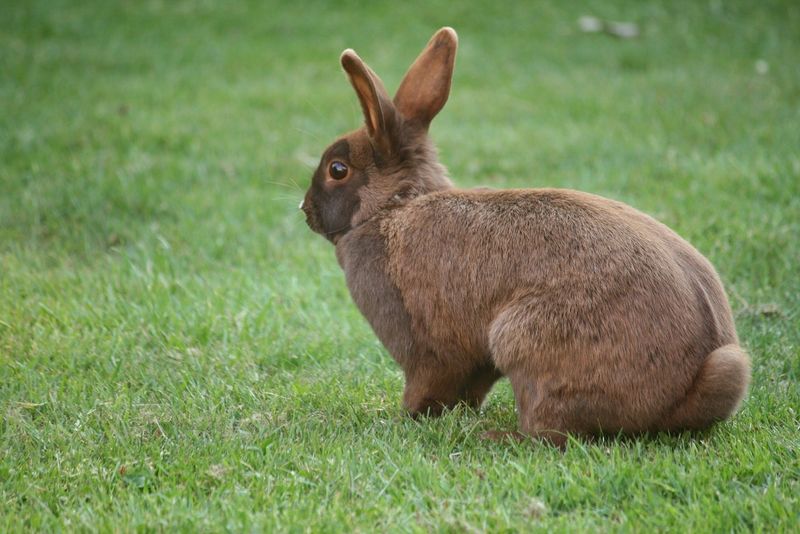
Thumping is your rabbit’s natural alarm system. When your bunny forcefully strikes the ground with their powerful back legs, they’re communicating fear, stress, or sensing potential danger. This behavior stems from wild rabbits warning their colony about predators.
A happy rabbit rarely thumps. If your bunny is repeatedly thumping, scan the environment for potential triggers – unfamiliar sounds, new pets, or changes to their habitat.
Occasional thumping might happen in response to startling events, but frequent thumping suggests your rabbit doesn’t feel secure. Address their concerns by maintaining a consistent routine and creating quiet, safe spaces where they can retreat when feeling threatened.
9. Hiding Away For Hours On End
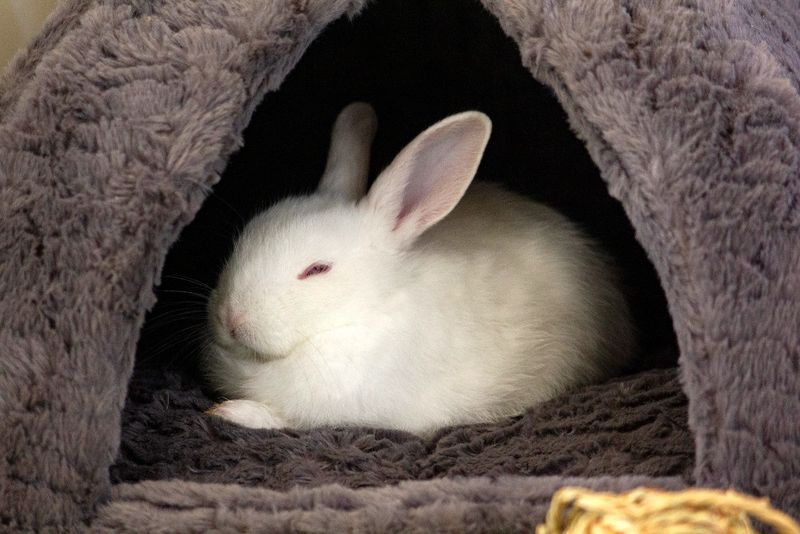
While rabbits naturally seek shelter at times, excessive hiding is a red flag. A rabbit who spends most of their day concealed under furniture or in their hutch corner might be feeling scared, stressed, or unwell.
Happy bunnies take short breaks in hiding spots but emerge regularly to explore, eat, and interact. If your rabbit retreats whenever you approach or stays hidden for extended periods, something’s bothering them.
Consider recent changes to their environment, new household members (human or animal), or potential health issues. Creating multiple secure hiding spots while gradually building trust can help an anxious rabbit feel safer. Persistent hiding warrants a vet check to rule out pain or illness.
10. Lunging Or Growling When Approached
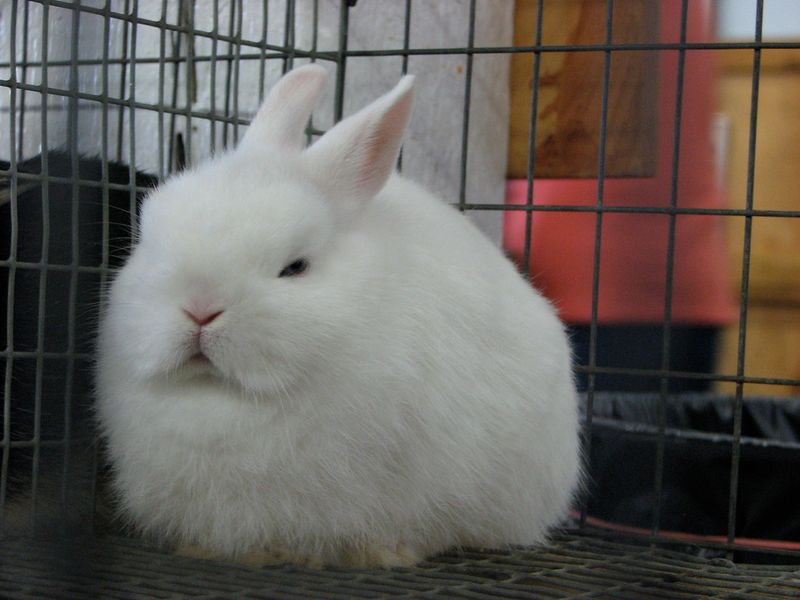
A rabbit who lunges, growls, or grunts when you approach is clearly communicating distress. These defensive behaviors indicate your bunny feels threatened and is trying to protect themselves.
Contrary to their cuddly appearance, rabbits can be territorial and may display aggression if they feel their space is being invaded. Unneutered males are particularly prone to these behaviors, but any rabbit might react this way if they’re scared or in pain.
Never punish these behaviors – they’re symptoms of an underlying issue. Give your rabbit space and work on building trust through patience and positive associations. If aggression appears suddenly in a normally friendly rabbit, consult a vet to check for health problems.
11. Refusal To Eat Or Decreased Appetite
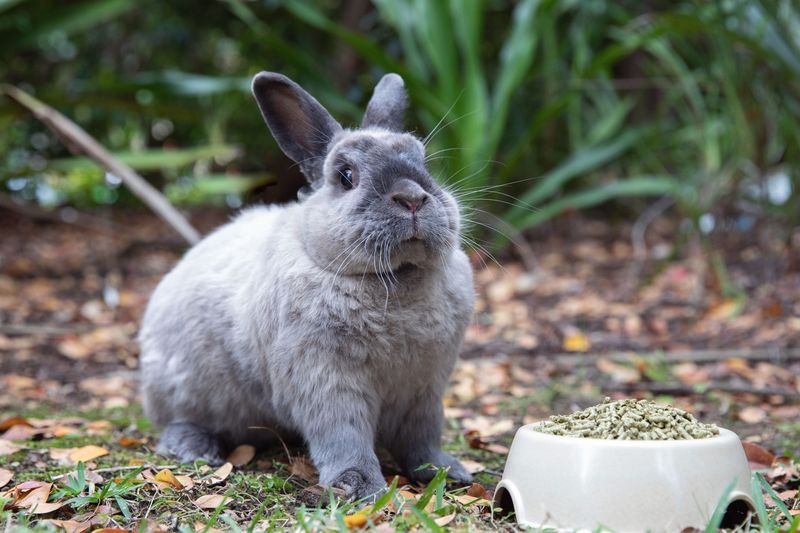
Rabbits are natural eating machines – they should be munching on hay throughout the day. When a bunny stops eating or shows significantly decreased interest in food, it’s a serious warning sign of unhappiness or illness.
A happy rabbit eagerly approaches their food, munches hay consistently, and gets excited about treats. Loss of appetite can indicate dental problems, digestive issues, stress, or pain.
This sign requires immediate attention as rabbits can develop dangerous digestive stasis when they stop eating. If your normally food-motivated friend turns away from favorite treats or hasn’t eaten in several hours, contact your exotic vet right away – this is considered an emergency in rabbits.


